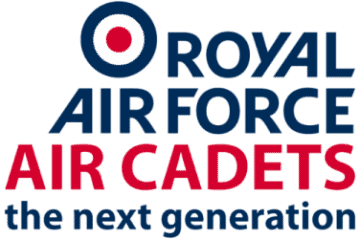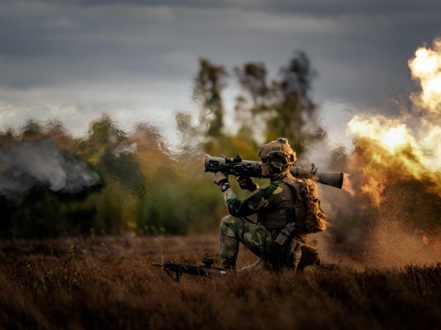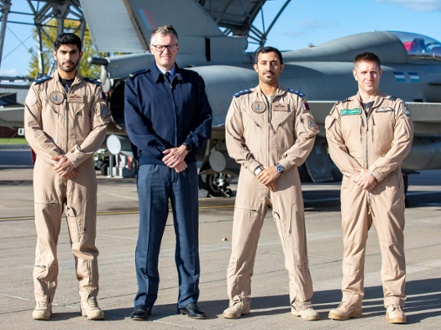RAF Typhoon and Lightning jets have successfully conducted their largest ever mass firing of Advanced Short Range Air-to-Air Missiles (ASRAAM). Over the space of 10 days, pilots from eight different squadrons successfully launched a total of 53 missiles at target drones.
The Missile Practice Camp took place over the sea in the Hebrides Air Weapon Ranges last month and was the largest mass firing of the infra-red guided Advanced Short Range Air-to-Air Missiles from Typhoon and F-35B Lightning II. Typhoon pilots from 1(F), II(AC), 6 and IX(B) Squadrons based at RAF Lossiemouth, as well as from 3(F), and 41 Test & Evaluation Squadron at RAF Coningsby, worked with Lightnings from 207 and 617 Squadrons based at RAF Marham in the event.
The ability to end-to-end test these missiles develops confidence in the weapon, whilst simultaneously developing personnel from professions across the RAF. From the movement and loading of live weapons onto the aircraft, to the aircrafts’ transit to the Air Weapons Ranges, the integration of personnel and aircraft from around the country was key to the success of the event. The training has proved the impressive capability of Advanced Short Range Air-to-Air Missiles across both RAF combat air platforms, providing training and real-world feedback by destroying Banshee drone targets.
It surpassed all expectations of what my first live firing exercise on the Typhoon would be. Selecting the weapon and knowing a live missile would come off the rail was a unique moment; hearing the missile tone and pulling the trigger, followed by a large whoosh sound and a slight wobble of the aircraft was fantastic.
Watching the missile disappear into the sky in front of me was a moment to remember, it really is impressive how fast the Advanced Short Range Air-to-Air Missiles can go. The experience has given me a real appreciation of the capability of the missile and how it can be employed in a real combat situation
Pilot from RAF Lossiemouth
Crucial experience of safely transporting and loading live weapons onto aircraft was gained by logistical and engineering personnel. This is vital in developing an even more skilled team to protect UK interests.
Seeing the preparation of the aircraft and missiles was crucial to the more junior members on the Squadron, it gave them the opportunity to understand the challenges of a live weapon firing exercise. Operating armed aircraft requires all those involved to maintain the highest levels of concentration due to the extra risks involved.
As a Weapons Technician you get massive job satisfaction when you’ve loaded the aircraft, carried out all the post-load testing and watched it taxy away armed. When the aircraft returns “clean” having successfully fired its missiles, it validates the years of training, the hard work and months of preparation.
IX(B) Squadron Weapons Technicians








